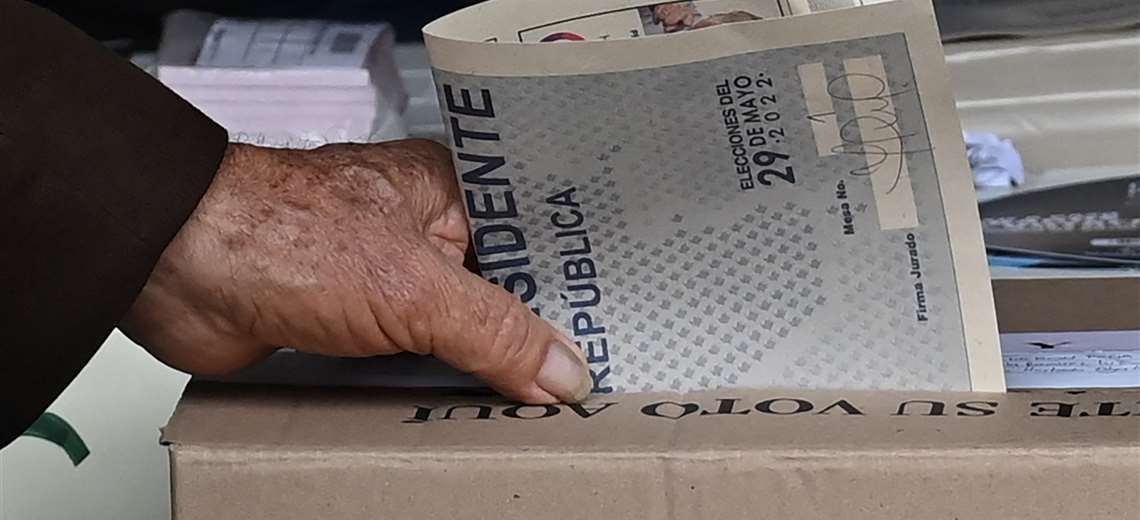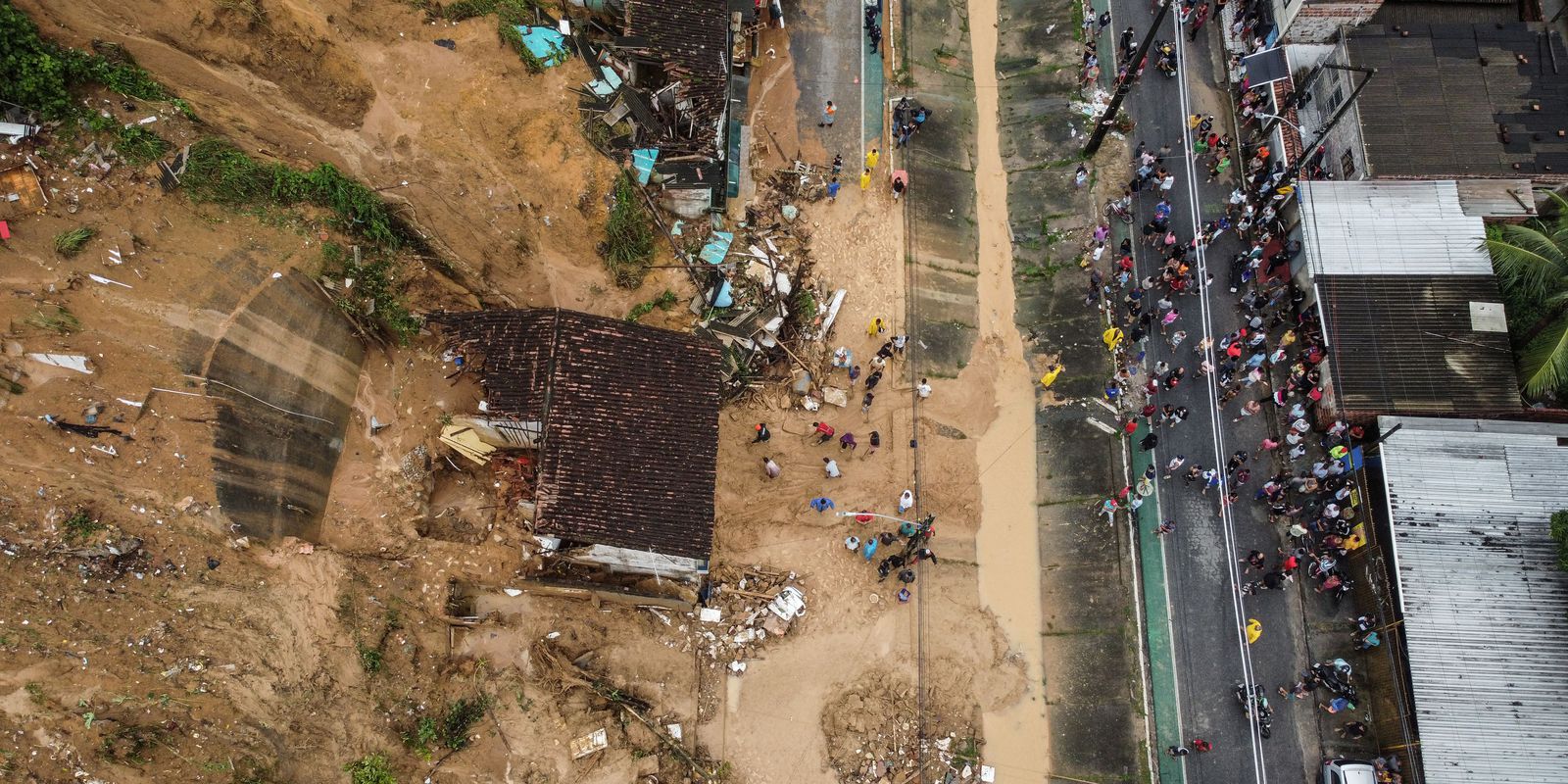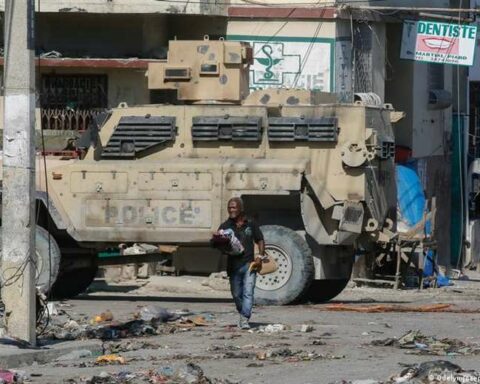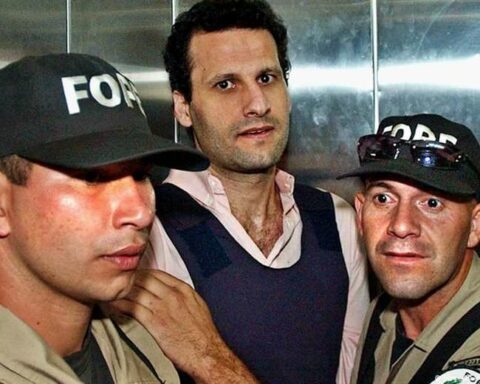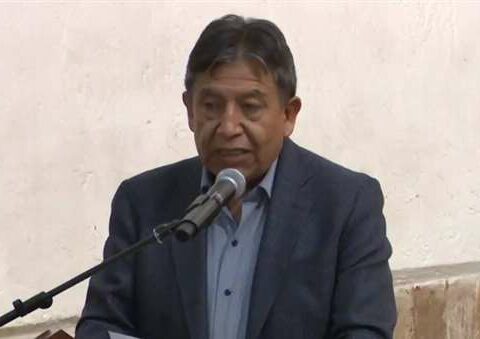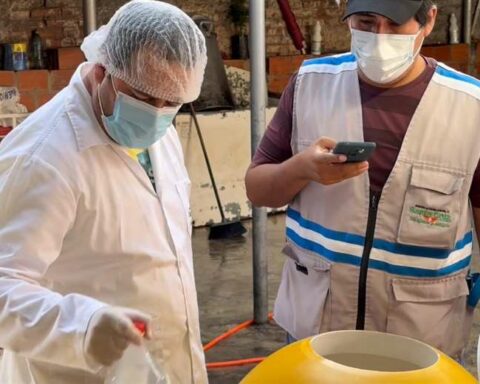Hand in hand with a senator and former guerrilla, the left in Colombia is heading to win this Sunday the first round of the presidential election, driven by the erosion of the right in power and the social unrest that uncovered a wave of massive protests.
At 0800 local time (1300 GMT) the electoral authority declared the elections open and President Iván Duque, prevented by law from running for re-election, cast his vote in the central Plaza de Bolívar, in Bogotá.
“We have one of the oldest democracies in this hemisphere. We have one of the most solid democracies and it becomes solid because every four years we make an orderly transition,” declared the conservative president at the beginning of the day.
The candidate Gustavo Petro, 62 years oldwidely dominates the voting intention in his third attempt to reach the presidency, but everything indicates that he will not have enough margin to avoid the ballot on June 19.
Federico Gutiérrez (47) and Rodolfo Hernández (77), the first candidate for a right-wing coalition and related to the ruling party, the second a millionaire outsider, are emerging as their likely rivals in the second round, according to polls.
If expectations are fulfilled, the left will achieve its best electoral result in this country of 50 million inhabitants, historically governed by elites and plagued by drug trafficking and increasing violence, despite the 2016 peace agreement with the dissolved FARC guerrilla. .
Gustavo Petro/Photo: AFP
Petro, who laid down his arms in 1990 after the demobilization of the M-19, the nationalist rebel group in which he was a member for 12 years, embodies the rupture. “There are really two options: either keep things the way they are in Colombia or change,” he says.
On the end of this polarized campaign, Gutiérrez aligned himself with the desire for reforms: “I am going to summon all the sectors so that we transform Colombia because it does need a change, but that change has to be safe.”
“In the last four years, inequality and levels of poverty, disagreement and discontent have deepened, and Petro is the one who has been able to read and interpret and connect with the electorate,” academic analyst Daniel García-Peña told AFP. .
Thus, the choice is defined between the radical change proposed by Petro, the moderate that Gutiérrez proposes or the alternative of Hernández, who wants to end the corruption that he sees everywhere. The three have been mayors of Bogotá, Medellín and Bucaramanga, respectively.
The fan is completed by three candidates without any option, including the centrist Sergio Fajardo, according to polls.
None of the favorites defends the management of the conservative Iván Duque, very unpopular for the economic management of the pandemic and who faced massive protests in 2019 and 2021 led by young people who were harshly repressed by the public force.
– Transparency in doubt –
Around 39 million Colombians are voluntarily called to the polls between 1:00 p.m. and 9:00 p.m. GMT.
The Historical Pact, the coalition headed by Petro and Francia Márquez, the environmentalist who wants to be the first Afro vice-presidency, has just obtained the best result for the left in the legislative elections, although without majorities.
The body that organizes the voting is questioned by the inconsistencies in the preliminary count of those elections, which subtracted votes from Petro’s movement. Concerned about a fraud, the leftist unsuccessfully demanded an external audit of the software used to calculate the votes.
His doubts about the transparency of the process fueled even more the tension of this campaign, which took place between multiple debates and the concern for the safety of the candidates.
Both Petro and Gutiérrez denounced threats and reinforced their protection. Mainly the leftist, who had to shield himself with a bulletproof vest and shields around him to get on the platforms for fear of an assassination like those of the 20th century, when five presidential candidates were assassinated.
Ingrid Betancourt shows the ballot/Photo: AFP
– Nervousness –
The possible promotion of Petro caused an unusual intervention of the military in politics, despite the fact that the Constitution prevents them from voting and deliberating.
The nervousness spread to businessmen and conservative sectors of the upper class who fear that Petro will lead the country to the abyss with its plan to suspend oil exploration, which accounts for a third of exports (13.5 billion dollars in 2021).
The senator, who hopes to start the transition to clean energy in this way In the face of the climate emergency, it also proposes reforming the public-private pension system and the police.
Police control citizens who are going to vote/Photo: AFP
Gutiérrez, meanwhile, focuses on security in the face of the resurgence of violence and presents himself as a guarantee of private property, threatened according to him by Petro.
“For the first time Colombia can elect a president who does not come from traditional politics,” but Petro “does not offer confidence,” says economist Jorge Restrepo, from the Javeriana University.
Whoever wins will have to deal with a country still convalescing from the ravages of the pandemic. Poverty reaches 39% of the population, urban unemployment 17.2% and informality 43.5%. Corruption and the economic situation are the main concerns of Colombians, according to the firm Invamer.

